Unvaccinated South Africans Are Angry At The Health Minister For Saying This
Unvaccinated South Africans Are Angry At The Health Minister For Saying This

The government is considering limiting access to public facilities to people who have not been vaccinated against Covid-19, and letting the business community to do the same, according to Health Minister Joe Phaahla’s words.
On Tuesday, Phaala told the National Council of Provinces that the government was debating whether or not to make required vaccinations mandatory. Businesses may be able to restrict access to patrons who have not been vaccinated as a result of this. The government might follow suit by restricting public access to services.
“As a government, we’ll have to take a look at this.” “Based on [what we’re hearing] from legal people, I’m confident that after we’ve gotten enough coverage, we’ll be able to make requests even at public facilities,” Phaahla added. Martin Kingston, the head of the Business for South Africa (B4SA) SteerCo, said the organization was “completely aligned” with the health minister’s views.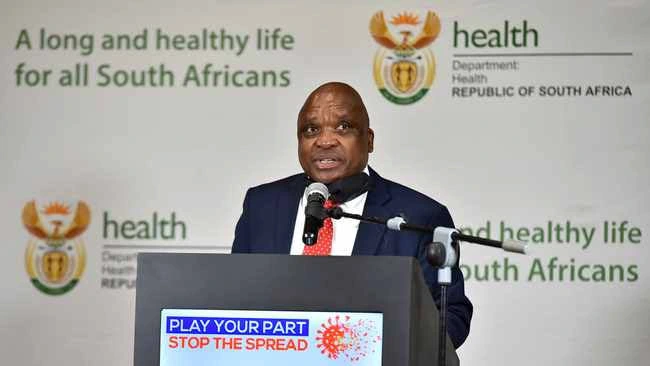
Mandatory vaccination or vaccine certification, which provided vaccinated persons with access to facilities not available to the unvaccinated, was a topic of debate around the world, he continued. B4SA is now looking into the options for both certification and mandatory vaccination, according to Kingston.
“B4SA supports any step that encourages as many people as possible to get vaccinated in order to prevent the spread of diseases and relieve burden on the healthcare system.” Vaccine distribution must be considerably increased. We have the vaccine supply and infrastructure in place; now we need to enhance vaccination demand,” he continued.
Cas Coovadia, CEO of Business Unity of South Africa, stated that the organization “supports some type of forced vaccination.”
“It is critical for the country to vaccinate as many people as possible.” This is the best tool we have to manage the pandemic and avoid additional phases, or at the very least to manage and spread the pandemic more effectively, with less severe illness and death.
Employers are already empowered to enact a mandatory vaccination program subject to specified limits under labor department directives covering occupational health and safety measures linked to vaccination in the workplace. According to Phaahla, this may readily be expanded to encompass some rights in denying access to persons who have not been vaccinated.
According to Kingston, businesses have already been given the authority to conduct risk assessments and put in place safeguards to protect their employees as a result of government guidelines. These could be expanded to include parties who have not been immunized.
Wendy Alberts, CEO of the Restaurant Association of South Africa, said the government must first address the issues that are currently affecting the hospitality industry.
“The government should consider lowering the curfew, permitting dinnertime trading, and rewarding the industry to handle our current issues.” Before imposing any limits on patrons, Alberts argued, the sector would need some assurance that trading restrictions will be eliminated.
She stated that restaurants have already implemented different safety precautions and would continue to do so. While the focus of the argument is on minimizing transmission, some have expressed worries that it may violate human rights.
Ugeshnee Naicker, the director of Naicker Attorneys and a member of the Law Society of South Africa’s House of Constituents, warned that if private businesses and the government go ahead with their plans, there could be legal consequences.
“I can conceive of a lot of legal concerns that will arise if access to corporate premises or public amenities is restricted based on a person’s vaccination status.” In the lack of regulation, a person may as well post a right of access reserved sign on their business premises.”
According to Naicker, the Constitution in South Africa did not just apply to the law and state, but also to the action of a person or organization bound by the Constitution.
“A patron who is denied entry into a private place might sue the business, or a group of people could sue the business, meaning all individuals who have been denied admittance because they haven’t been vaccinated.” According to her, denying a worker access to the workplace could be construed as constructive dismissal under labor law.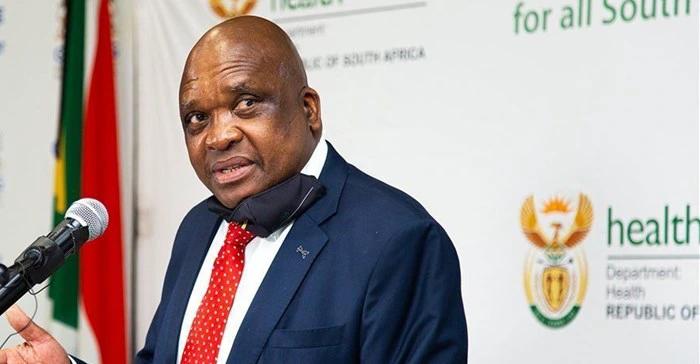
“It also presents ethical concerns in light of the 2013 Protection of Personal Information Act [POPIA], which takes effect on July 1, 2020.” POPIA is a law that protects personal information that is processed by both private and public entities.
“Vaccine program information would fall under the category of special information and should be accorded a higher level of security that prevents the processing of such information except with a person’s informed permission,” Naicker said.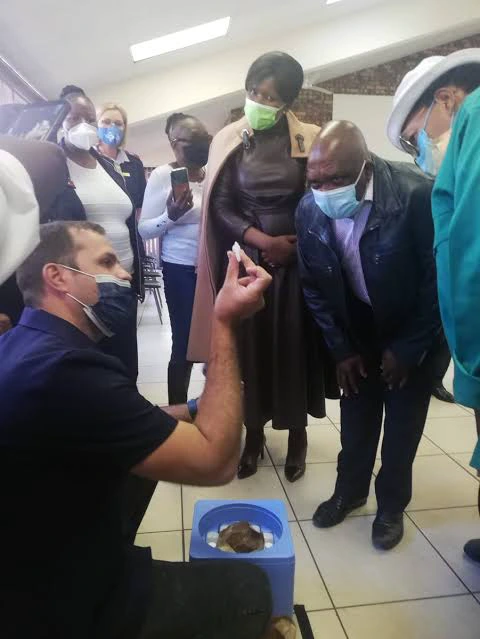
She said that admission into public venues such as schools, hospitals, and public libraries will impair various constitutional rights, including the right to healthcare and the right to education.
“Such an act could very well be declared unfair discrimination,” Naicker said when asked if such a restriction could be considered discriminatory. “By not allowing a person to access a public facility, it will affect a person’s constitutional rights.”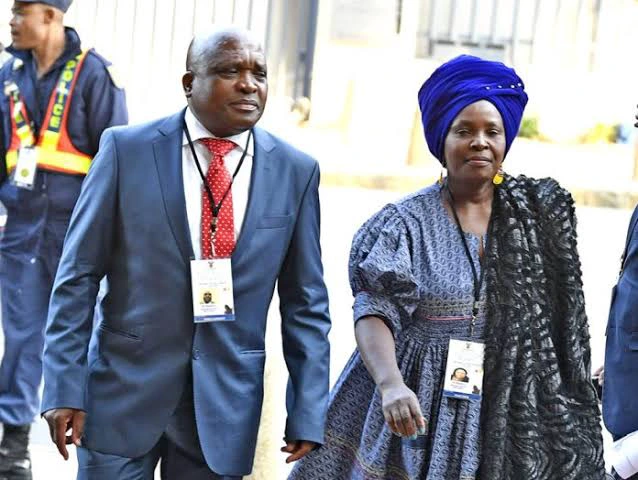
She went on to say that the right to bodily integrity included the right not to put something into your body.
“When an element of cohesion is introduced, such as not allowing a person access to a public area, the theory of informed consent is sacrosanct in medical law and bio-ethics.” That, in my humble opinion, voids informed consent.”

Limiting people’s rights depending on their vaccination status, according to Cosatu’s national spokesperson, Sizwe Pamla, is a “sign of desperation” and a “leadership failure.”
“This will not be the first or last pandemic we will face.” We recently dealt with the HIV pandemic. It’s a slippery slope, though, if you stick to apartheid’s rules. The government must carry out the difficult task of persuading individuals to take the vaccine. People can’t be bulldozed into surrender.”
Pamla went on to say that punishing or isolating those who hold opposing viewpoints was against democratic values.
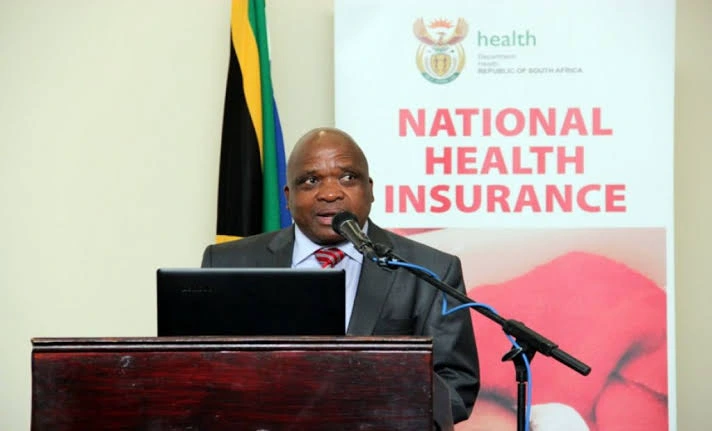
“It’s reasonable that the administration would wish to take these steps. We sympathize with you. They seek to rescue the economy and people’s lives at the same time. They must, however, recognize that they are the government of a democratic state, and that they cannot curtail citizens’ constitutional rights.
“You can’t declare someone persona non grata just because they haven’t received a vaccine, and you can’t give businesses that power.” During the pandemic, the government went from one disastrous plan to the next, according to AfriForum’s policy director, Ernst Roets.
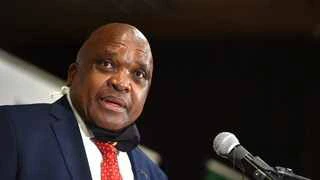
“At some point, infringing on people’s rights becomes unreasonable.” The pandemic is real, and it must be treated as such. That does not negate the fact that persons have certain unalienable rights.
“If the government follows this argument consistently, those who don’t wear seatbelts should not be treated when they get into automobile accidents, and smokers should not be treated when they develop cancer.”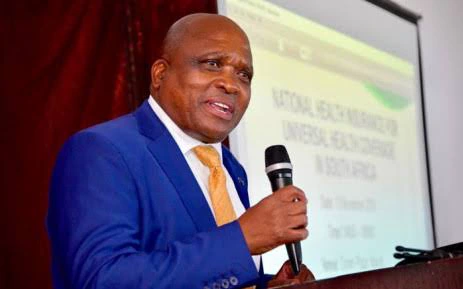
“Solidarity is carefully and with concern considering the possibilities sketched by the minister, by revisiting its own legal advice obtained,” Henru Krüger, sector head of the Health Guild at Solidarity, said. “Solidarity will respond appropriately once more certainty about the government’s intentions is revealed.”
Since News Ample joined Opera News Hub, we’ve been grateful for your support and admiration.
Source: https://www.news24.com/news24/southafrica/news/mixed-reactions-over-health-ministers-suggestion-businesses-may-limit-access-to-the-unvaccinated-20210902
Content created and supplied by: NewsAmple (via Opera News )